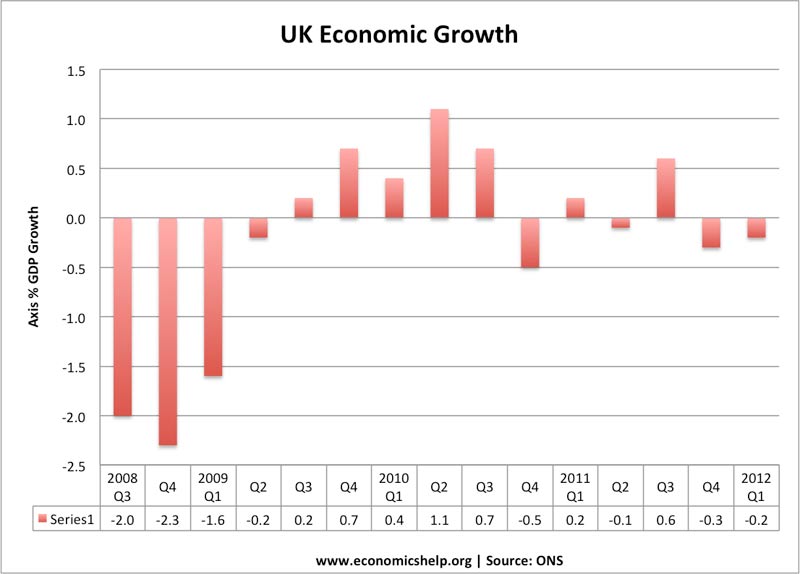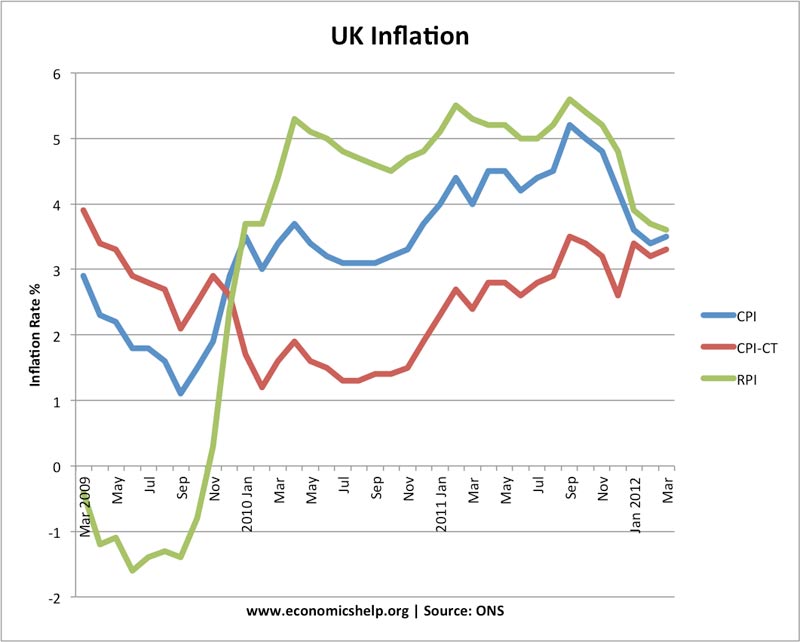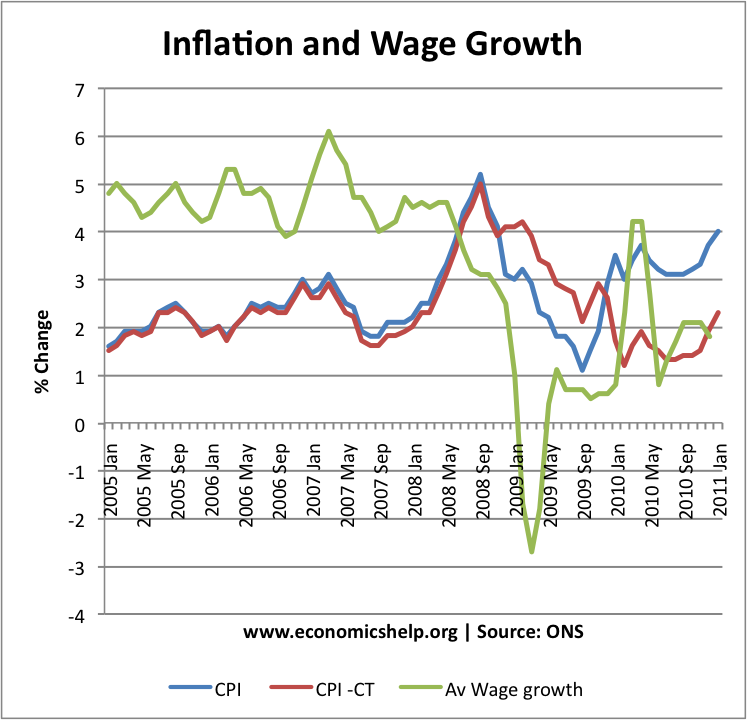We may be in a longer recession than the 1930s Great Depression (see: link) but it hasn’t prevented the richest people in Britain increase their net wealth. The richest 1000 men and women have a combined wealth of £414bn, up 4.7% on the previous year.
Richest People in the World 2012
| 1. The Walton Family (US) | Retail (Walmart) | £51bn |
| 2. Carlos Slim (Mexico) | Telecoms | £44bn |
| 3. Bill Gates (US) | Microsoft | £39bn |
| 4. Charles and David Kock (US) | Oil | £32bn |
| 5. Warren Buffet (US) | Investment | £28bn |
| 5. K Berthold and Theo Albrecht (Germany | Supermarkets (Aldi) | £28bn |
| 7. Forrest and John Mars (US) | Confectionary (Mars) | £26bn |
| 7. Bernard Arnault (France) | Luxury Goods | £26bn |
| 9. Ingvar Kamprad (Sweden) | Ikea (retail) | £25bn |
| 10. Amancio Ortega (Spain) | Zara (fashion) | £24bn |
The richest 20 people have a wealth of £288.5bn – more than triple the wealth of 2003, when the richest 20 people’s combined wealth was £102bn. The credit crunch temporarily reduced wealth. In 2008, it was £280bn, falling to £167bn in 2009. But now their wealth has climbed above the 2008 peak.
Richest People in Britain
| 1. Lakshmi Mittal and family | Steel | £12.7bn |
| 2. Alisher Usmanov | Mining and investment | £12.32bn |
| 3. Roman Abramovich | Oil and industry | £9.5bn |
| 4, Sri And Gopi Hinduja | Industry and finance | £8.6 bn |
| 5. Leonard Blavatnik | Industry (Russian oil) | £7.58 bn |
| 6. Ernesto and Kirsty Bertarelli | Pharmaceuticals | £7.48bn |
| 7. The Duke of Westminster | Property | £7.3 bn |
| 8. David and Simon Reuben | Property and investment | £7.08bn |
| 9. John Fredriksen and Family | Shipping and oil services | £6.6 bn |
| 10. Galen and George Weston and Family | Retailing | £5.9 |



